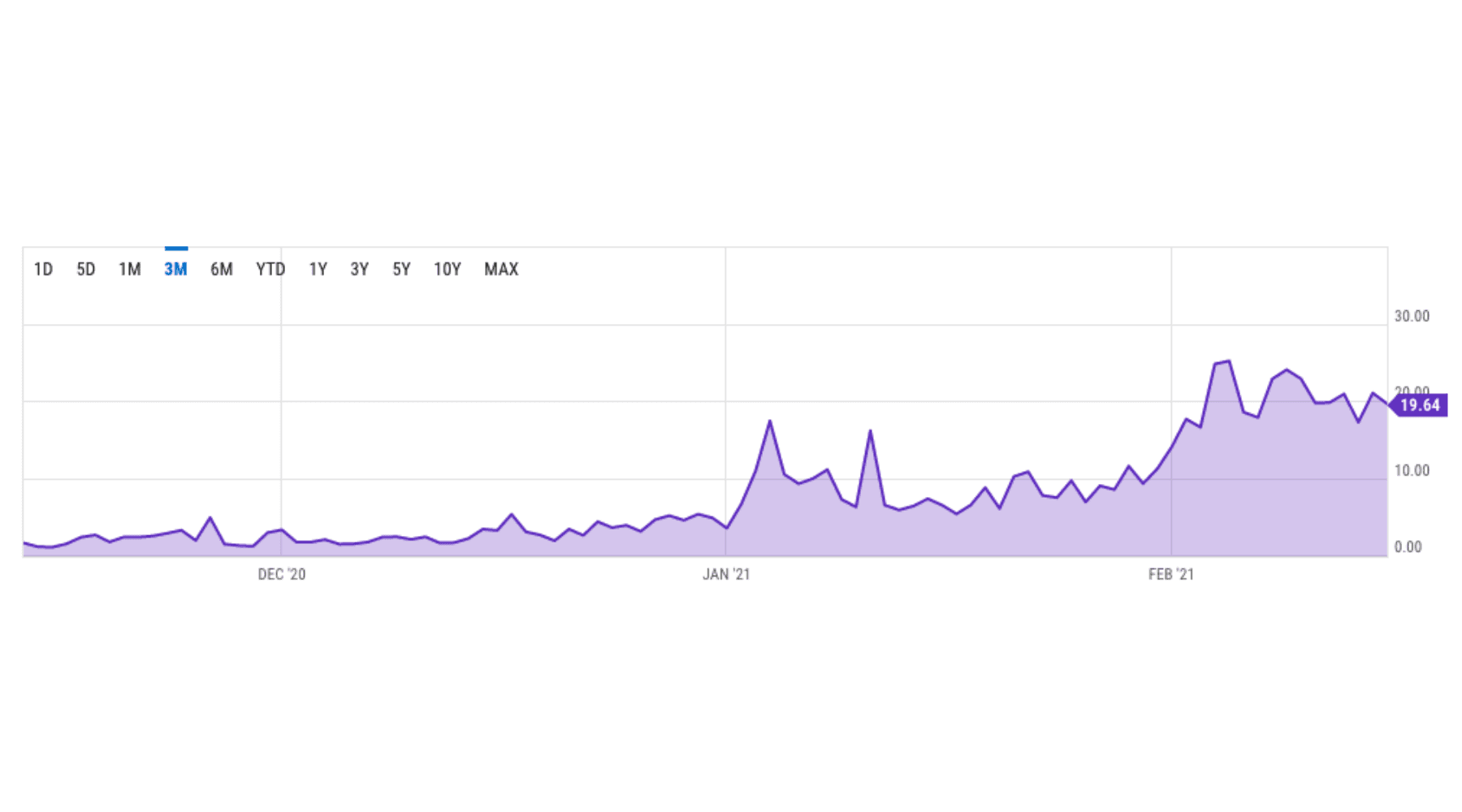

However, you should also consider the gas limit, which defines what's the maximum price paid for that transaction or task.
BINANCE ETHEREUM TRANSACTION FEE PLUS
The total gas fee is simply a price that covers the cost, plus an incentive to process your transaction. How Are Ethereum Transaction Fees Calculated? If you pay a higher gas price, miners will likely prioritize your transaction. This gas price is directly related to network traffic. While the gas needed for a specific transaction can stay the same, gas prices can rise or fall. Gas also has a variable price measured in ether (ETH), the network's native token. The fee takes into account the amount of computing power needed to process a transaction, known as gas. Ethereum Transaction FeesĮthereum transaction fees work differently in comparison to Bitcoin's. Previous network updates have helped improve scalability, such as the implementation of SegWit and the Lightning Network. Blockchain developers are making continuous efforts to address the problem. The scalability of cryptocurrency networks is a crucial issue here in deciding network fees. Miners add these blocks to the blockchain as quickly as possible, but there is still a limit to how fast they can go. Only a certain number of transactions can be included within a block, which has a limit of 1MB (i.e., block size). Buying a $3 cup of coffee might not be practical if the fees are much higher than that. Īs such, the high fees can make it challenging to use BTC in day-to-day situations. This may occur during periods of intense market volatility.

When network traffic is high, and there is a great demand for sending BTC, the transaction fee needed for speedy confirmation rises as other bitcoin users try to do the same. In that case, you would have to pay around 32,000 satoshis (or 0.00032 BTC) for a good chance of having your transaction added to the next block. For example, imagine your transaction size is 400 bytes, and the average transaction fee is now at 80 satoshis per byte. Unlike some tend to believe, Bitcoin fees are not dependent on the amount sent but on the transaction size (in bytes). It's also possible to send BTC with zero fees, but miners will most likely ignore such transactions, meaning they won't be validated. On the Bitcoin network, certain crypto wallets allow users to set their transaction fees manually. So, transaction fees also act as a simple but effective spam filter. If they put them at a suitable level, they incur a high economic cost. If they set the fee too low, miners will likely ignore their transactions. Malicious actors who wish to slow down the network must therefore pay a fee associated with each transaction. Naturally, miners will prioritize transactions with higher fees, which users agreed to pay when sending their BTC to another bitcoin wallet. The pool of unconfirmed transactions is called the memory pool (or mempool). Satoshi Nakamoto realized that transaction fees could protect the network from large-scale spam attacks and incentivize good behavior.īitcoin miners receive transaction fees as part of the process of confirming transactions to a new block. Bitcoin Transaction FeesĪs the world's first blockchain network, Bitcoin set the standard for transaction fees used by many cryptocurrencies today. The higher the fee paid, the quicker the confirmation process. As a user, the amount you choose to pay in fees determines your transaction's priority in being added to the next block. Think of it as a reward for helping the network.įor most blockchains, transaction fees are reasonably cheap, but they can get quite expensive depending on network traffic. Secondly, transaction fees act as an incentive for users that help verify and validate transactions. It also makes large-scale spam attacks costly and expensive to implement. First of all, fees reduce the amount of spam on the network. The majority of cryptocurrencies use transaction fees for two important reasons. You are most likely to have come across them when sending, depositing, or withdrawing crypto. Transaction fees are and have been an essential part of most blockchain systems since their inception. While high fees can hinder wider blockchain adoption, very low fees could potentially bring security concerns. Market forces can also influence the fees you pay. Transaction fees can be both small or large, depending on the network activity.

They reward miners or validators who help confirm transactions and help protect the network from spam attacks. Transaction fees serve two essential purposes when it comes to blockchain networks.


 0 kommentar(er)
0 kommentar(er)
